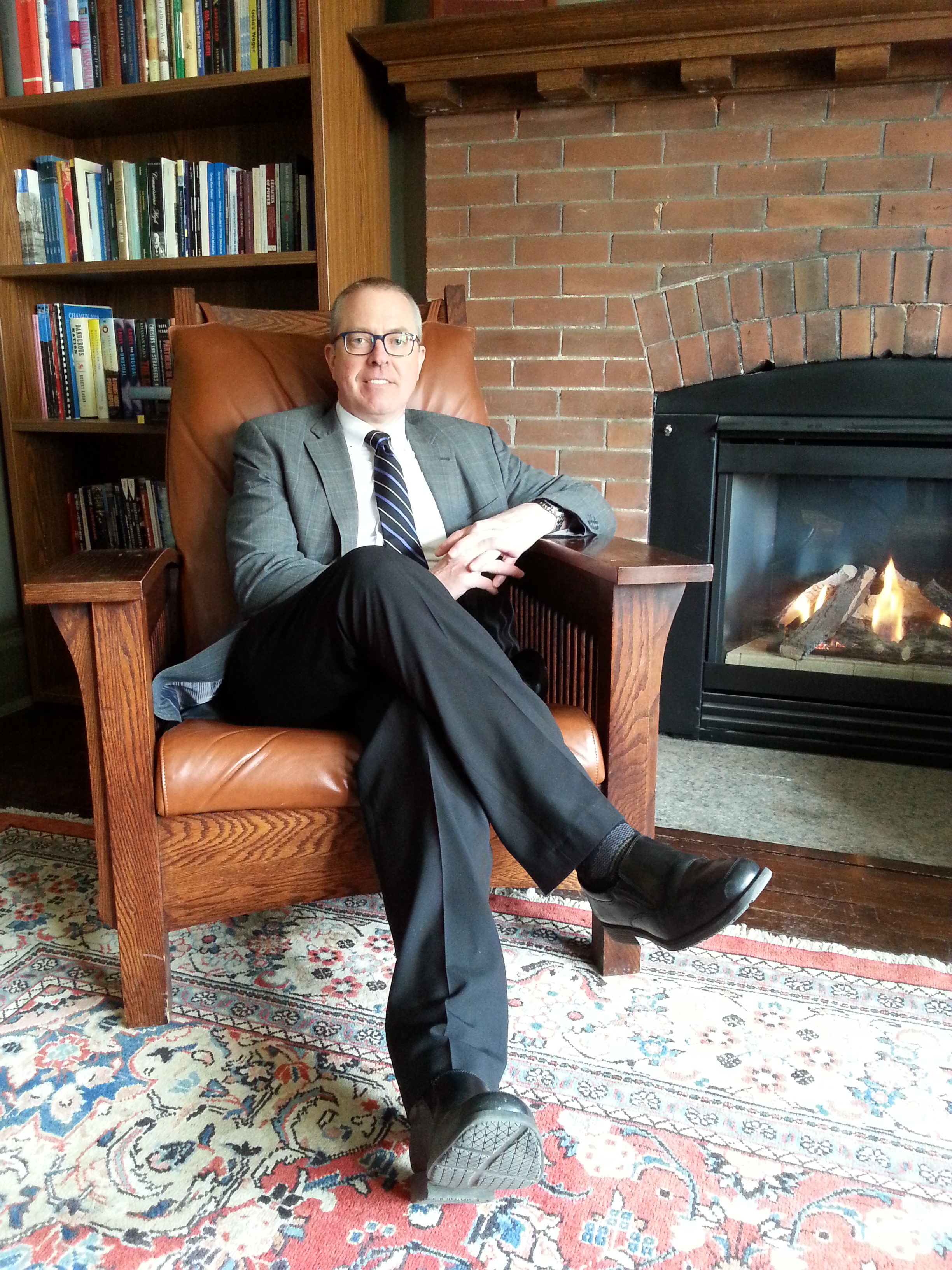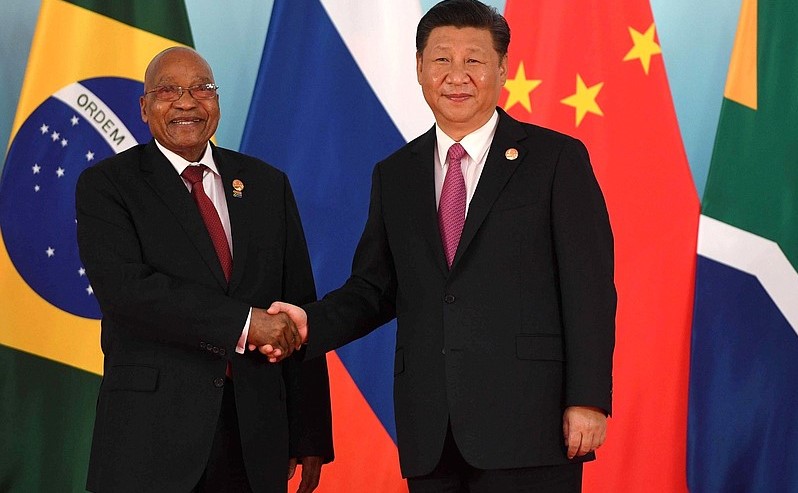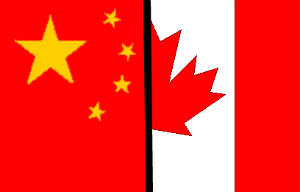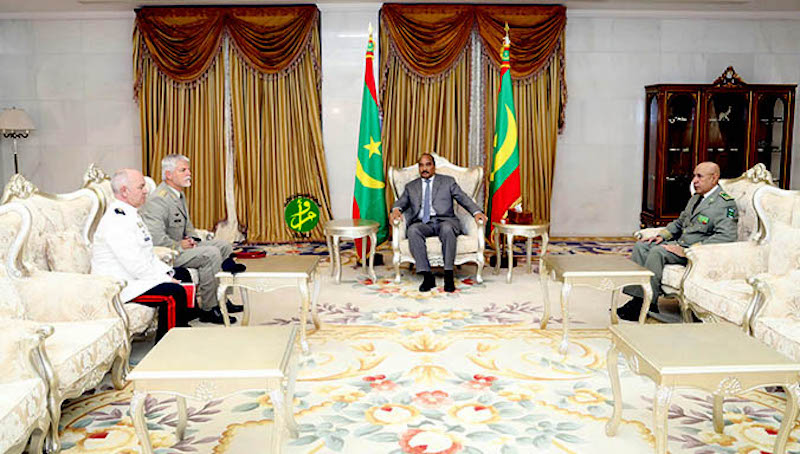David A. Welch is Centre for International Governance Innovation (CIGI) Chair of Global Security at the Balsillie School of International Affairs, Professor of Political Science at the University of Waterloo, and Senior Fellow at the CIGI, where he has recently been working on Asia-Pacific Security. His 2005 book, Painful Choices: A Theory of Foreign Policy Change (Princeton University Press), is the inaugural winner of the International Studies Association ISSS Book Award for the best book published in 2005 or 2006, and his 1993 book, Justice and the Genesis of War (Cambridge University Press), is the winner of the 1994 Edgar S. Furniss Award for an Outstanding Contribution to National Security Studies. He is co-author of Understanding Global Conflict and Cooperation, 10th ed. (Pearson Longman), with Joseph S. Nye, Jr.
He received his Ph.D. in Political Science from Harvard University in 1990, an A.M. in Political Science from Harvard University in 1985, and a Honours B.A. (with Highest Distinction) simultaneous Specialist programs in International Relations and Philosophy from the University of Toronto in 1983.
Interview Questions:
Question 1: Dr. Welch, could you start by sharing a little about yourself as the professor and as Chair at the Centre for International Governance Innovation (CIGI) in Global Security at the Balsillie School of International Affairs at the University of Waterloo? – 0:46
Question 2: As an academic scholar, how would you characterize Canada’s presence in the Asia-Pacific region? Are we an active and major participant in that region? – 1:56
Question 3: Many international communities and peoples alike, including Canadians, are concerned over the development of North Korea’s nuclear threat. How do scholars, such as yourself, perceive this recent development? Is this an international crisis or a matter of international politics? – 4:23
Question 4: North Korea [Democratic People’s Republic of Korea] is preparing to initiate diplomatic dialogues with a number of nations starting this month. As a historian of World War 2, is there any possibility of this development parallels that of the Munich Agreement in 1938? Is this a propaganda and mass persuasion from North Korea or is this a genuine desire for peace and stability? – 7:02
Question 5: How do you perceive the potential dialogues between North Korea and South Korea [Republic of Korea], and between North Korea and the United States of America? Is this North Korea’s change of policy or are we buying into their game once again? What can we really expect from these dialogues? – 11:03
Question 6: Kim Jong-un of North Korea has, to a certain extent, shown a different approach than his father and grandfather. Do you see any differences in North Korea both internally and externally? Has North Korea changed under Kim Jong-un? – 12:39
Question 7: Kim Jong-un is young and has a little experience in international politics. As a historian, how do you see Kim Jong-un? Is he similar or different than of his predecessors? – 15:48
Question 8: What would be the ideal approach to thaw North Korea’s nuclear threat? Is a regime change the only option we have for the global community? – 16:58
Question 9: Both Japan and the Republic of Korea are often referred to as “partners across the globe” to NATO. Do you think NATO has a role in stabilizing developing tensions in the Asia-Pacific region? For example, territorial disputes in the South China Sea and the North Korean nuclear development. – 18:41
Question 10: Are there any further remarks you would like to mention before we conclude the interview? – 20:07
—
Special thanks to Lionel J. Widmer (audio recorder/editor) from the NATO Association of Canada for his efforts in making this interview possible.
Photo: Dr. David A. Welch in the Munk School of Global Affairs at the University of Toronto.
Disclaimer: Any views or opinions expressed in articles are solely those of the authors’ and do not necessarily represent the views of the NATO Association of Canada.




